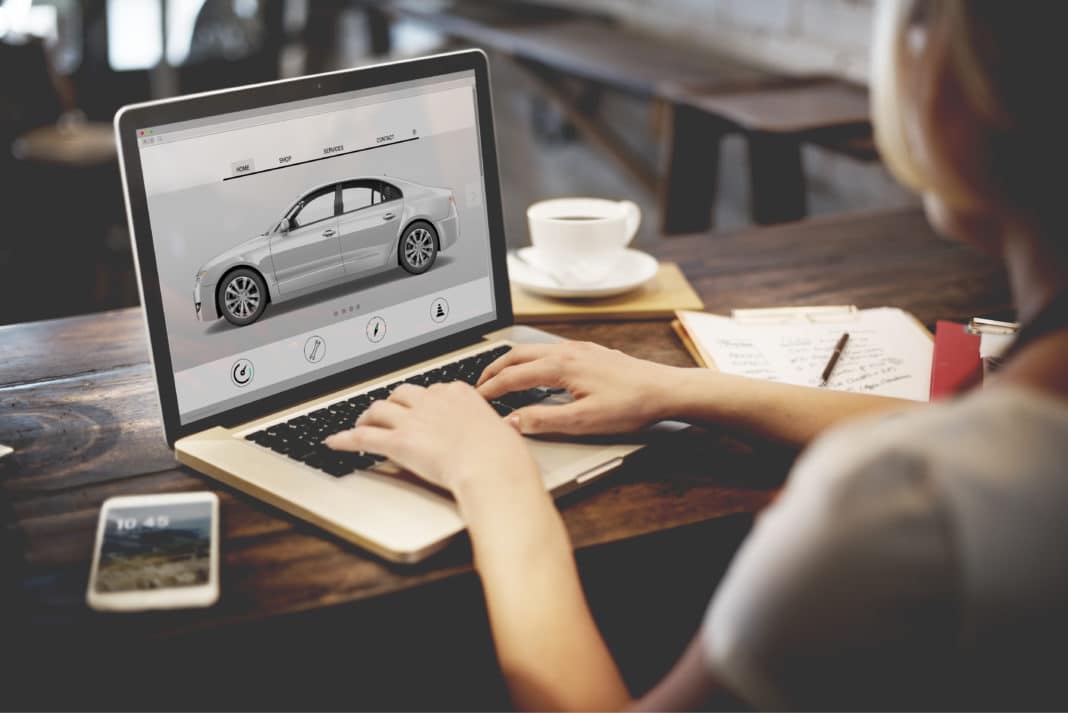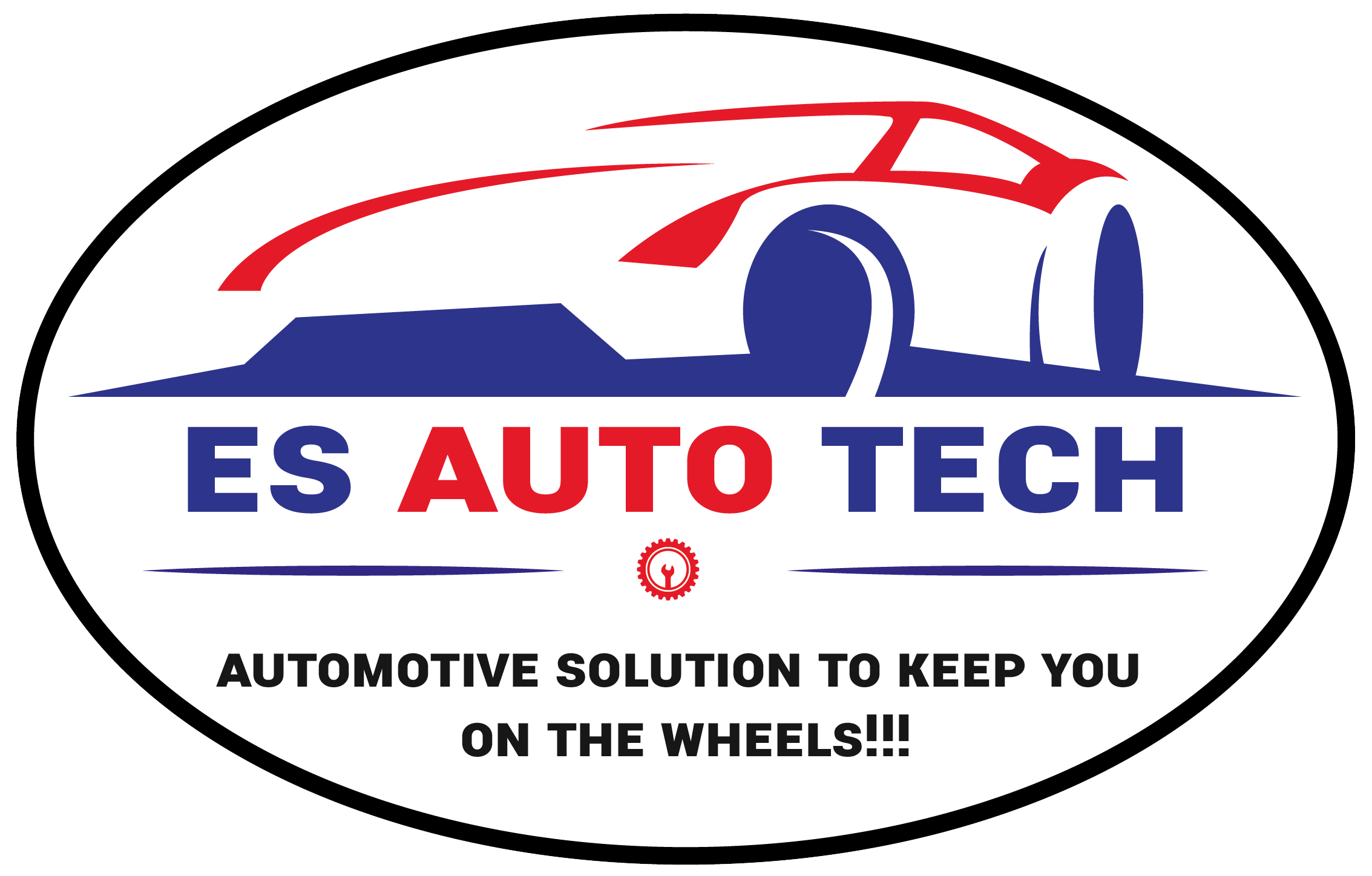
Tips On How to Maintain a New Car
Finally, after saving up for years, you have your hands on a new car. When it comes to new cars, there is nothing much to dislike and criticize. Everything from the new seat smell to smooth ride makes you love them even more. One of the most reassuring qualities of a new car is that it needs much less-frequent service to keep running well. But this doesn’t infer that new cars are perfectly immune to everything that comes their way. If you maintain the vehicle when it is young, you will surely keep it running for many years to come. This is an undeniable truth. People overlook this fact and end up turning their car into an undrivable scrap, before time. To help you avoid this, here are 5 tips on how to maintain a new car.
Check Engine Oil And Other Fluids
Keeping the fluids in a vehicle at an optimal level helps you provide an unobstructed smooth driving experience. Here are some of the fluids that you must check regularly doing it is quite easy. First, it is important that you keep your vehicle parked on level ground and the engine cold.
Engine Oil. Remove the dipstick and wipe it clean, then insert it for clean reading. There should be a standard range shown on the dipstick. In your owner’s manual, add more suggestions if the oil is poor. To not over-fill, be patient. Be sure to change the oil as per the schedule in the owner’s manual of your vehicle, too.
Coolant. Look near the radiator for the clear overflow plastic tub. Fill with a 50/50 combination of water and antifreeze when the liquid is below the minimum line.
Power steering fluid. The tiny tank is positioned near the firewall, at the base of the windshield. The level should be maintained between the minimum and maximum at all times.
Brake Fluid. This fluid is typically stored in a transparent tank with minimum and maximum lines marked. If the level reads low, fill it, but also get the system checked: a leak may occur or the brake pads can be worn.
Windscreen Fluid. Keep yourself complete. Keeping your windshield clean is crucial, particularly when the sun is glaring.
Check Tire Air Pressure
Use an accurate tire-pressure gauge to check the inflation pressure in each tire, including the spare. Do this once a month and before any extended road trips. Only perform this check when the tires are cold, or before the vehicle has been driven or after no more than a couple of miles of driving). Use the inflation pressure prescribed by the manufacturer of the car, not the maximum stress embossed on the sidewall of the tire. Usually, the recommended pressure is located on a front doorjamb placard, in the glove compartment, or in the owner’s manual. Be sure to also check tires for irregular or uneven wear, bruises, and any bulges you can see on the sidewall.
Do not ignore check engine lights
For different purposes, the check engine light will light up. It could mean anything from something as slight as a defective gas cap to something serious, like a misfiring engine. The engine control unit (ECU) of a vehicle is responsible for lighting the check engine light and there may be more than 200 potential warning codes that can be identified by an ECU. Taking your car to a local mechanic is always the right thing to do. The check engine light doesn’t always indicate a major issue. But these minor issues always lead to something expensive in the future if neglected today. So whenever you see the check engine signal, try fixing one or two things on your own and if you are still skeptical, take your vehicle to a mechanic. This is one way to ensure vehicle longevity and expect unobstructed drive from your new vehicle.
Use Genuine Spare Parts And Lubricants
Sooner or later, your new vehicle will need parts replacement and lubricants change. Some parts like the air filter will wear out more frequently and the change of lubricants is also inevitable. When your mechanic recommends a part replacement, then most of them will offer a cheap one and a relatively expensive one. The cheap one is usually faulty but this might not always be true. Read the owner’s manual and always install manufacturer-recommended parts and lubricants. The exclusive use of original spare parts guarantees an efficient operation and maximum prevention against any possible failure. It helps the vehicle in the following ways:
- Maximizing efficiency
- Less equipment stress
- Optimum Performance
- Fully tested
- Longer Operation life
- Minimal Downtime
